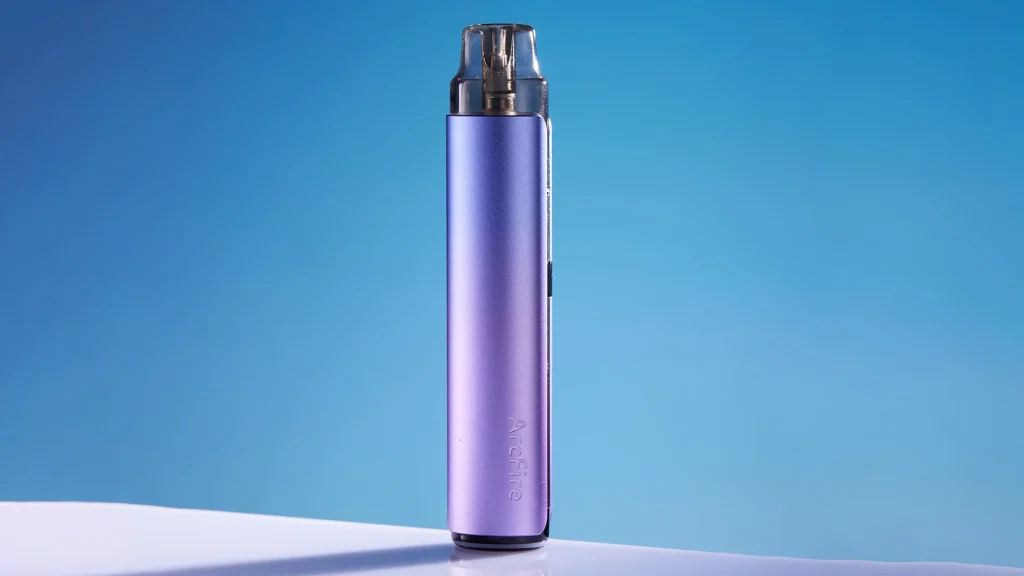Experience Relaxation Like Never Before with Premium Delta 8 Flower Strains
Delta 8 flower strains offer a unique opportunity to experience relaxation like never before. These premium flowers are sourced from the hemp plant and contain a psychoactive compound known as Delta 8 tetrahydrocannabinol Delta 8 THC. Unlike its more well-known counterpart, Delta 9 THC, Delta 8 is known for providing a more mild and manageable high. This makes it an attractive option for those who are looking to unwind without the intense psychoactive effects often associated with traditional cannabis. The calming effects of Delta 8 flower are largely due to its interaction with the body’s endocannabinoid system. This system plays a crucial role in regulating mood, pain, and stress. When Delta 8 THC is introduced, it binds to receptors in the body, helping to balance these systems. The result is a feeling of relaxation and tranquility that can soothe both the mind and body. This makes Delta 8 an ideal choice for individuals seeking a more subtle way to alleviate anxiety, stress, or even mild physical discomfort.
In addition to its calming effects, best delta 8 flower strains also offer a variety of aromatic and flavor profiles. These strains are often bred to highlight different terpenes, which are compounds that give cannabis its distinctive smell and taste. Whether it is fruity, floral, earthy, or spicy, the range of flavors available can enhance the overall experience of using Delta 8 flower. This allows users to choose a strain that not only meets their desired effects but also aligns with their sensory preferences, creating a more personalized and enjoyable experience. One of the key advantages of Delta 8 flower is its versatility. It can be used in various ways, from smoking and vaping to making edibles and tinctures. This flexibility allows users to incorporate Delta 8 into their routines in a way that best suits their lifestyle.
For those who prefer a traditional approach, smoking the flower provides an immediate onset of effects, while vaping can offer a smoother experience with faster relief. Edibles and tinctures, on the other hand, provide a longer-lasting effect, which is ideal for those looking to maintain a steady level of calm throughout the day. Moreover, Delta 8 flower strains are often less potent than their Delta 9 counterparts, which means users can control their dosage more easily. This makes it easier to find the right amount to achieve the desired effects without feeling overwhelmed. It is important for users to start with a low dose and gradually increase until they find their comfort level. This approach not only allows for a safer experience but also ensures that individuals can enjoy the benefits of Delta 8 without any unwanted side effects. Finally, the appeal of Delta 8 flower lies in its ability to provide relaxation and relief without compromising on the quality of the experience.
Read More



